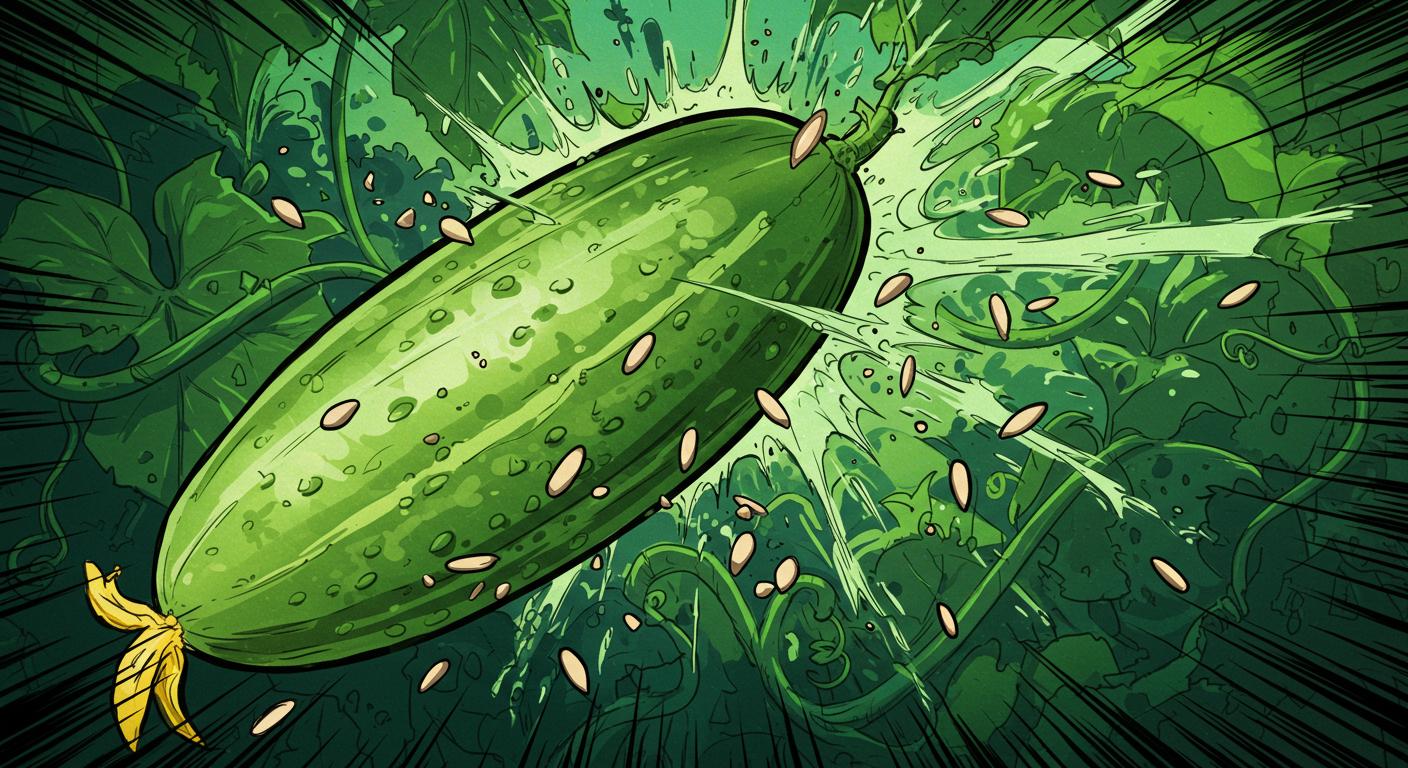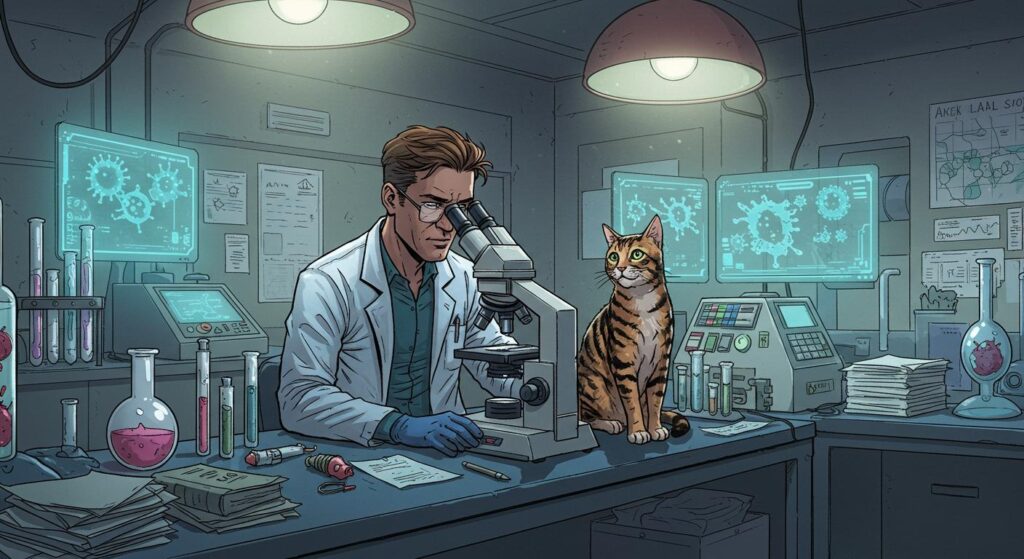If you think the plant world is mostly a slow-motion drama—consider the humble squirting cucumber, which just might make you reconsider stepping too close to someone’s front garden. As NPR’s Ari Daniel details, this peculiar produce doesn’t merely toss its seeds onto the soil with a shrug. Instead, it executes a miniature botanical fireworks display with all the subtlety of a confetti cannon at a quiet library.
The Explosive Portfolio of Ecballium elaterium
Described in NPR’s report, Ecballium elaterium, better known as the squirting cucumber, relies on pure hydraulic mayhem to ensure its legacy. The plant’s fruit gradually builds internal pressure as it ripens—think of it as nature’s own high-pressure water balloon. When the time is right, the fruit detaches explosively from the stem, launching seeds at speeds and distances that would make a medieval siege engineer jealous. Footage famously narrated by David Attenborough—flagged by NPR as a must-see—drives home the spectacle: one moment, a peaceful cucumber; the next, its insides have traveled several meters in all directions.
In a detail highlighted by NPR, the plant’s ballistic seed dispersal isn’t just a wild party trick—it’s a highly effective strategy for escaping the overcrowded shade of its parent and establishing roots somewhere less competitive. One researcher’s path to studying this veggie weapon reportedly began with a nudge from a supervisor, leading to inevitable YouTube rabbit-holes full of slow-motion seed mayhem. It all has the ring of truth for anyone who’s ever found themselves unexpectedly obsessed with a niche phenomenon after one curious click—the internet’s peculiar way of recruiting new fans for even the most niche of natural marvels.
Curiosities from the Leafy Barricades
While wind or hitchhiking seeds might seem more dignified, the outlet documents that the squirting cucumber expresses a certain… let’s call it assertiveness, in its drive to colonize new territory. The contrast is almost comic when set against the plant’s otherwise unremarkable appearance—a kind of unsuspecting foot soldier in the evolutionary drama.
Earlier in the report, it’s mentioned how this unusual method gives the plant’s progeny a genuine shot at independence, away from the shadow of literally and figuratively explosive parental expectations. Imagine the annual gathering of garden plants, the squirting cucumber showing up and needing to apologize for last year’s shrapnel incident. All in all, it gives a certain gravitas to the argument that vegetables cannot be expected to mind their own business.
When Plants Rewrite the Rulebook
If nothing else, the squirting cucumber is a reminder of how profoundly weird the workings of evolution can be—sometimes a gentle drift of dandelion fluff won’t cut it and your only option is, apparently, to forcibly evict your children from the pod. Is it overkill? Maybe. But efficiency is efficiency.
NPR’s account of this high-velocity horticulture arms race is a testament to both the inventiveness and the quiet absurdity that runs like a seam through so much of the natural world. For those of us delighted by the unexpected, it’s comforting to know that, even if you spend your life digging in academic archives or scouring the internet’s weirder corners, there are always new surprises lurking—in this case, probably behind a very twitchy cucumber. What else is quietly preparing for its moment of glory out there in the undergrowth?







